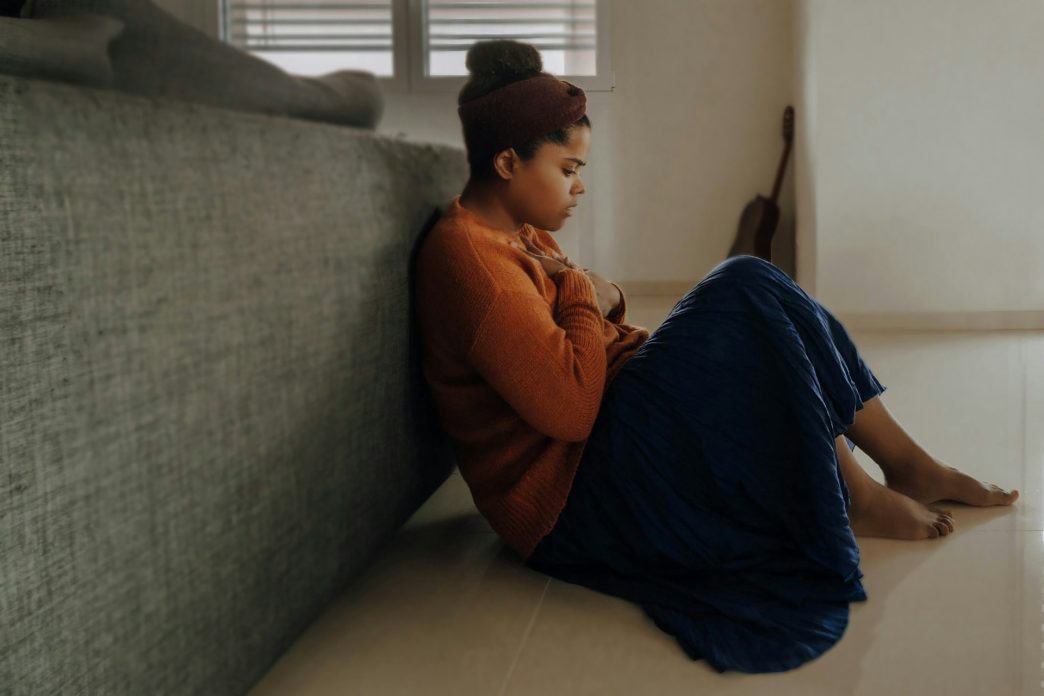Separation anxiety can be a distressing experience for both children and adults. It’s a natural emotional response, often triggered when an individual is separated from someone they are closely attached to, such as a parent, partner, or caregiver. While most often thought of as a childhood developmental phase, separation anxiety can occur in adulthood, and result in disruptions to daily living, professional performance, and interpersonal relationships. In this article, we will discuss what separation anxiety is, the signs of this condition, and how to cope with it, with the help of the best psychiatrist in Bangalore.
What is separation anxiety?
A separation anxiety is a fear and/or worry about being away from a particular person. This anxiety is different from the normal feeling that one gets when they are out of the comfort zone of friends and family. For some, it becomes disabling, leading to panic attacks, nightmares and sometimes the person can experience physical symptoms including headaches, nausea and problems with concentration.
New learners, especially toddlers, are likely to develop separation anxiety when going to daycare or school. However, adults may also have it during such crucial developmental changes in one’s life such as when one has to move to a new city, a break up or when one loses a loved one.
Symptoms of Separation Anxiety
Understanding what constitutes signs of separation anxiety will be an important step towards mitigating this condition. Here are common symptoms to watch out for:
- Constant preoccupation with the safety and welfare of the individual you are apart from.
- Fear of separation that lasts for a long time and does not change with time.
- Inability to sleep alone or with a partner or someone close and dear to them.
- Somatization of the situation in the form of headaches, stomachaches or dizziness when thinking of the prospect of separation.
- Situational/Escape-related behaviours, such as staying home, not going to school, work or any other social-related activities.
If these signs continue for over a few weeks and are slipping into day-to-day activities, it is important to get help. You can get the best psychiatric help from the best psychiatrist in Bangalore.
Practical Tips to Manage Separation Anxiety
For separation anxiety, there is normally a need to seek professional help though there are possible methods to adopt physically to ease the issue in day-to-day life.
1. Gradual Exposure
One of the most effective strategies in preventing separation anxiety is to gradually increase the duration you spend apart from your loved one. Gradual exposure assists the individual in accepting separation since this is part of the inevitable reality. For children, this could be beginning with brief separations from the caregiver while for the adults, this could be beginning with some tasks that are uncomfortable to the person, for example going out to different environments without the companion they depend on.
2. Establish a Routine
There is nothing as comforting as predictability. One of the ways you can help to minimise anxiety is by setting a daily routine since uncertainty is one of the causes of anxiety. In children, the unconditional routines in terms of mealtime, bedtime, and time to play engulf a lot of sense in them. People can use check-ins with family and friends or can set a time for activities that will give them confidence.
3. Positive Reinforcement
Encourage and reinforce correct incidences and behaviours that surround separation. In children, you may use a small incentive when they go to school without complaining. For adults, positive reinforcement in the form of self-congratulation or a small incentive can be given for managing time alone. Positive conditioning over time changes the perception of separation from negative occurrences to positive undertakings.
4. Stress Reduction Strategies
The following approaches can help to counteract anxiety response: deep breathing, meditation and progressive muscle relaxants. In children, some form of breathing exercises or relaxation apps may be helpful. Mindfulness apps can be downloaded and used or one can use YouTube to search and find exercises on stress management for adults.
5. Cognitive Behavioral Therapy (CBT)
The most effective treatment for separation anxiety is Cognitive Behavioral Therapy (CBT). CBT helps individuals confront and challenge their negative thoughts about anxiety, replacing them with more constructive ones. To learn about CBT, you can schedule an online psychiatrist consultation without leaving your home.
6. Consider Professional Help
Constant and severe conditions of separation anxiety, therefore, require professional intervention. A psychiatrist after his or her training will be in a position to offer tools and therapeutic interventions for anxiety. An incredible psychiatrist in Bangalore can present an individualised plan for dealing with some of the above-mentioned issues and often it may feature psychotherapy, medication, or both.
The Role of Professional Help
If the symptoms are still present, or you can’t cope with them alone, do not hesitate to get professional help. In the current world, most psychiatrists provide online psychiatrist consultation, which means that you can get help without leaving the comfort of your home. Whether you want to get counselling in person or from an online platform, the best psychiatrist in Bangalore has essential information to offer you a way to improve your anxiety by identifying its cause.
Through therapy, individuals can explore their fears, learn coping mechanisms, and gradually reduce their anxiety symptoms. Psychiatrists may also recommend medication in certain cases, particularly if anxiety is significantly affecting daily life. Medications such as anti-anxiety drugs or antidepressants can offer temporary relief while you work on long-term coping strategies.
Conclusion
Separation anxiety, while challenging, can be managed with the right strategies and support. By implementing practical approaches like gradual exposure, positive reinforcement, and mindfulness techniques, you can ease the anxiety associated with separation. If your symptoms persist, don’t hesitate to seek professional help. An online psychiatrist consultation with the best psychiatrist in Bangalore can provide personalised guidance and treatment options to help you or your loved ones overcome the challenges of separation anxiety.













